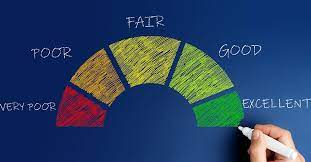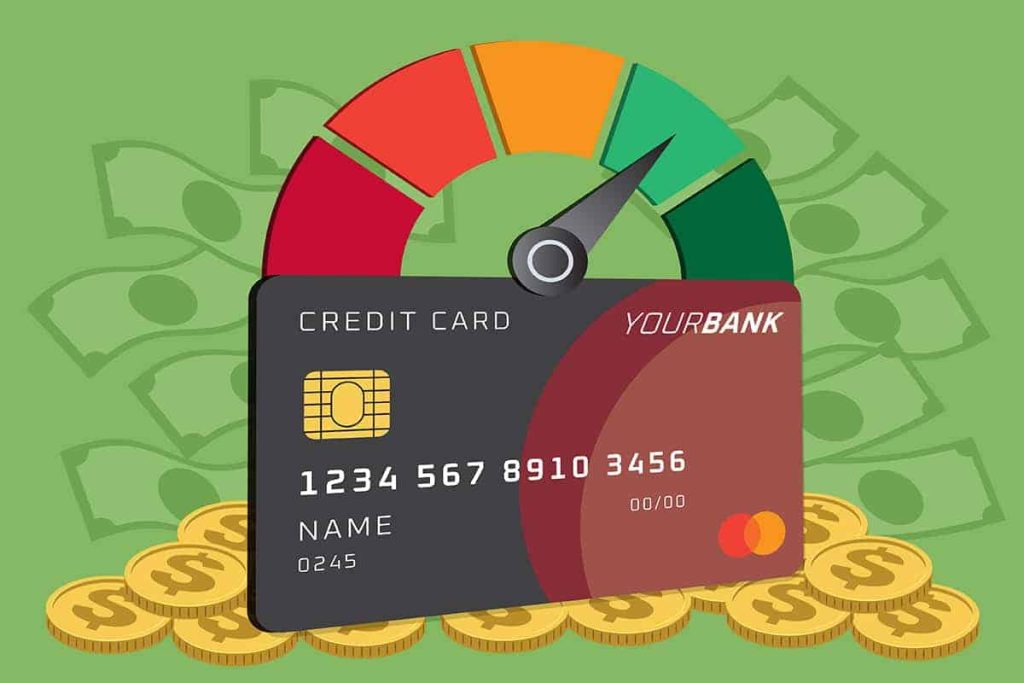Your Plastic Passport: How a Credit Card Can Build Your Financial Future
For many in India, the credit card is viewed with suspicion.
Overview
For many in India, the credit card is viewed with suspicion. While it is true that misuse has burdened many, generating billions in outstanding dues, this powerful financial tool is also one of the most effective and straightforward ways to establish a strong credit score and build a solid credit history. When used correctly, a credit card is your first passport to financial credibility.
So, “Can a credit card increase your credit score?”
Yes. It acts as a live demonstration of your ability to manage borrowed money responsibly.
Starting from Scratch: Building Credit from Zero
If you are a young professional with little or no credit history, the key is choosing the right starting point:
- Entry-Level Cards: These are designed for beginners, requiring minimal documentation and featuring lower annual fees and credit limits. They offer essential benefits like rewards and cashbacks while allowing you to start building that all-important payment history.
- Secured Credit Cards: If banks are hesitant to give you an unsecured card, a secured credit card is a great alternative. You provide a cash deposit as collateral, which usually serves as your credit limit. This low-risk product allows you to begin proving your responsible financial habits.
In both cases, using the card for small, frequent purchases and consistently paying the bill in full is the responsible path to a high credit score
Fixing a Low Score: A Strategic Approach
If your credit score is average or poor due to past mistakes, a credit card can be instrumental in your recovery, but you must be strategic:
- Understand the Root Cause: First, analyze your credit report to pinpoint the exact reasons for your low score, such as delayed loan payments or missed card bills. Corrective actions might involve using the card to consolidate multiple outstanding dues into one manageable payment.
- Responsible Use is Repair: To see improvement, you must consistently use your cards for small purchases and pay the bills on time. This long-term demonstration of reliability slowly yet surely erases the negative entries of the past.
- Strategic Multiple Cards: Using multiple credit cards can actually help you lower your credit utilization ratio by increasing your total available credit limit. This signals to lenders that you are not “credit-hungry” and can manage a larger amount of available credit, which positively impacts your score.
The Rules of the Road: Always Keep These in Mind
A credit card is a double-edged sword; responsible usage requires discipline. To ensure your card always works for your credit score, follow these strict guidelines:
- Never Miss a Payment: Set up automatic payments to guarantee you never miss a due date. Late payments are one of the most damaging actions to your credit score.
- Maintain Low Utilization: Never overuse your credit limit. Keep the amount you spend well below 30% of your total available credit. High utilization signals financial strain and harms your score.
- Pay in Full: Always strive to pay your entire bill, not just the minimum payment. Paying only the minimum traps you in a cycle of high-interest debt, even if it doesn’t immediately hurt your score.
- Do Not Close Old Cards: Closing an old card reduces your total credit limit and shortens your credit history, both of which will negatively affect your score. Keep older cards open and active.
- Limit Applications: Avoid applying for multiple new credit cards in a short period, as each application triggers a hard inquiry that temporarily hurts your score.
 Conclusion
Conclusion
By making smart choices about your first credit card and adopting disciplined payment habits, you leverage this plastic tool to build a strong credit score that is vital for your long-term financial stability.



